- The Hyundai Kia Automotive Group said it will invest 68 trillion won ($51 billion) over three years to ramp up production of its Hyundai EV cars, as well as new mobility business.
- Hyundai announced another 31.1 trillion won ($23 billion) will be allocated for research and development in electric vehicles in South Korea.
- The company plans to begin producing EVs in Georgia in October, allowing Hyundai and Kia EVs to qualify for tax credits up to $7,500.
The phrase “sea change” seems far too weak to describe the transition of the global automotive industry from gas-powered, internal combustion engine (ICE) vehicles to fully electric. In 2024, Tesla and China’s BYD have proven their leadership in this transition, setting sales records around the world for battery electric vehicles. It’s very clear that ICE vehicles will join the ranks of horse-drawn carriages and will appear only in museums in the clean energy-dominated future. Hyundai EV cars are predicted to be one of the leading brands in the race to EV domination.
ADVERTISEMENT
Hyundai Motor Doubled Down on EVs With a $51B Investment in Electric Vehicles

Recently, a large Hyundai EV investment was announced. On March 27, 2024, Hyundai said it would invest 68 trillion won ($51 billion) over three years to ramp up its electric vehicle production in South Korea and hire 80,000 new employees for that purpose, as well as a new mobility business.
Over half of the investment, or 35.5 trillion won ($26.2 billion), will be used for new research, development infrastructure, and assembly lines for EV production. Hyundai EV production is expected to be bolstered significantly. This Hyundai EV investment puts the company in an excellent position to compete in the global EV industry.
Hyundai plans to begin producing EV cars and batteries in Georgia by October of 2024. The Hyundai EV tax credit will join tax credits up to $7,500 under the Inflation Reduction Act for other vehicles.
Hyundai said another 31.1 trillion won ($23 billion) will be allocated for research and development in electric vehicles in South Korea. This will include software-defined vehicles and battery technology.
ADVERTISEMENT
Hyundai Gaining EV Market Share as Competitors Falter and Return Money to Shareholders
Hyundai’s overall electrification strategy and its latest maneuver in the EV sector starkly contrasts competitors, which are slowing their expansion of EV production.
Other leading manufacturers like General Motors, Stellantis, and Ford are scaling back their EV initiatives in favor of more immediate financial strategies. GM, for example, revised its groundbreaking plan to funnel over $35 billion into EVs by 2025, in favor of a significant $10 billion share buyback plan.
Stellantis and Ford have shifted their focus, prioritizing cash returns to shareholders and cutting down on their previously announced EV investments, with Ford adjusting its production plans for the top-selling F-150 Lightning electric truck to allocate more resources to its gasoline-powered Bronco SUVs.
Ford is notable because of its recent announcements of moving into the small, low priced EV segment, in an effort to address the threat of low priced EVs from China, such as the BYD Seagull, priced under $10K.
Hybrids Still Important and Selling Well
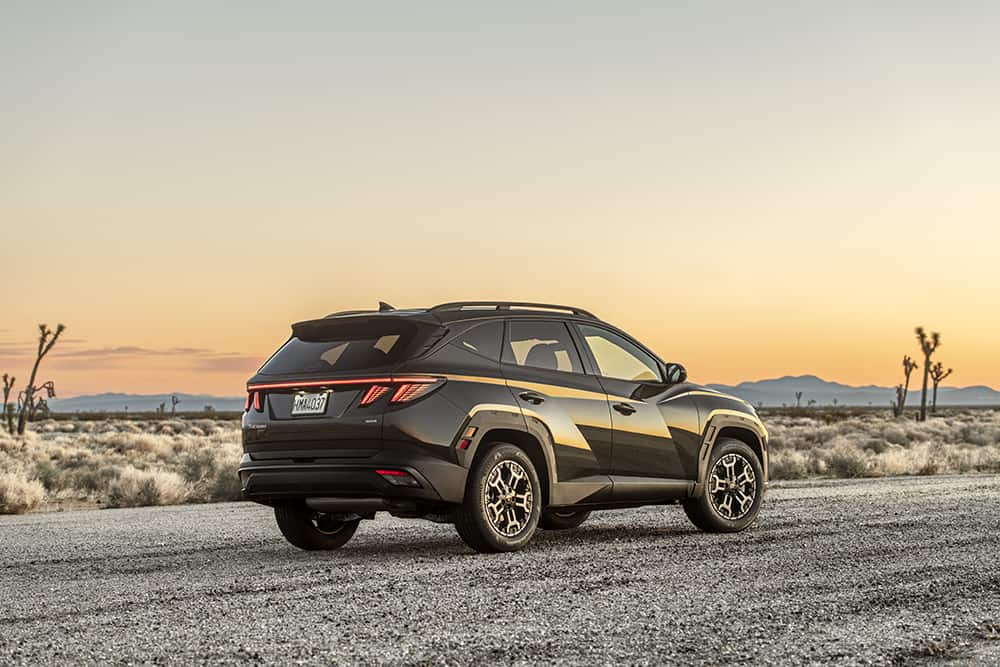
During the recent announcement, Hyundai displayed its 2025 Tucson SUV and said it will launch both hybrid and plug-in hybrid versions this summer. This comes at a time when hybrids and plug-in hybrids are enjoying a significant resurgence in America.
Experts believe this is because drivers want cost savings along with eco-friendly technology, featuring higher gas mileage. A current lack of available home and public EV charging is preventing many American drivers from driving full electric in a BEV, and they are choosing hybrids instead.
ADVERTISEMENT
Hyundai Is a Major Player Globally and in the U.S.
Hyundai Motor Group’s ascent in the global automotive market is a testament to its strategic planning and commitment to innovation. Hyundai Motor and its affiliate, Kia, are the world’s third-largest automaker by sales. This is further supported by the robust infrastructure provided by auto parts giant Hyundai Mobis and the Hyundai conglomerate’s foray into infrastructure development through Hyundai Engineering & Construction.
In the highly competitive U.S. automotive market, Hyundai’s growth trajectory with EV cars has been particularly impressive. According to Cox Automotive, both Hyundai and Kia brands surpassed the 200,000 sales mark in the third quarter of 2023 for the first time in terms of all vehicles sold, including ICE, hybrid, and EV.
These sales outperformed rivals Volkswagen and Subaru by a significant margin. This surge propelled Hyundai Motor to the number four spot in total U.S. sales in the same quarter, a leap from the seventh position in 2019. This success was achieved without the leverage of selling a full-size pickup truck, a segment that traditionally drives substantial sales for other automakers.
Hyundai’s ability to outpace competitors such as Stellantis, Honda, and Nissan underscores its growing influence and adaptability in the dynamic automotive landscape as it transitions to electric at an astounding pace.
ADVERTISEMENT

IMAGES: HYUNDAI
FTC: We use income-earning auto affiliate links. Learn more.















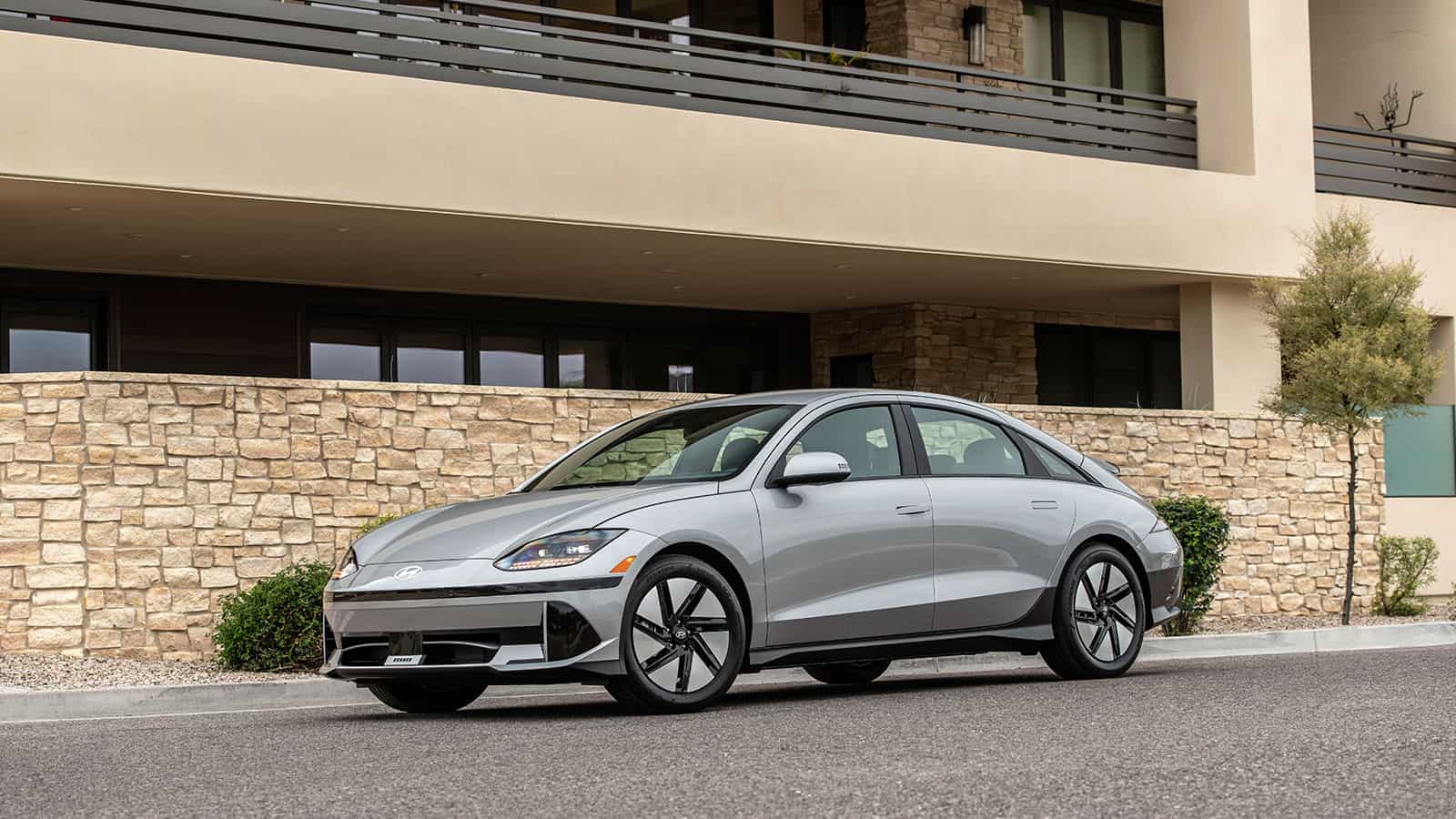


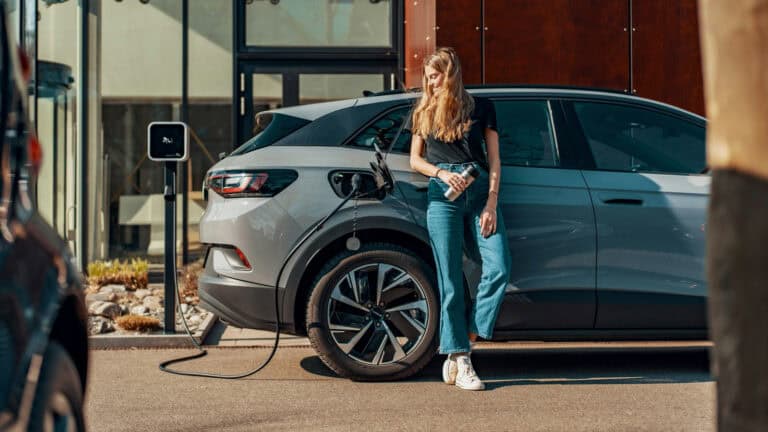
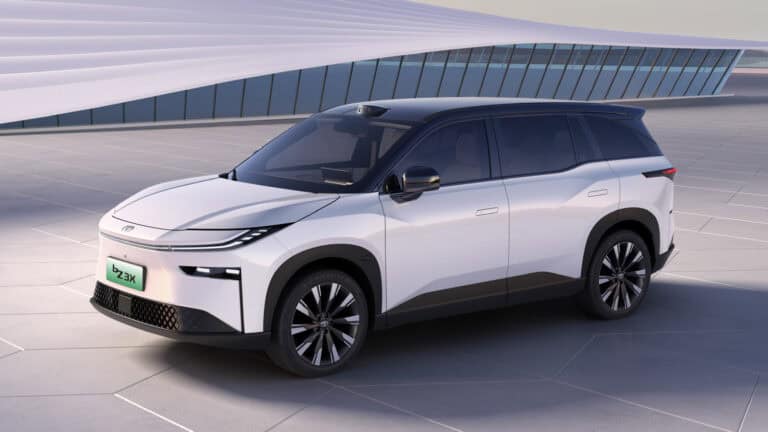










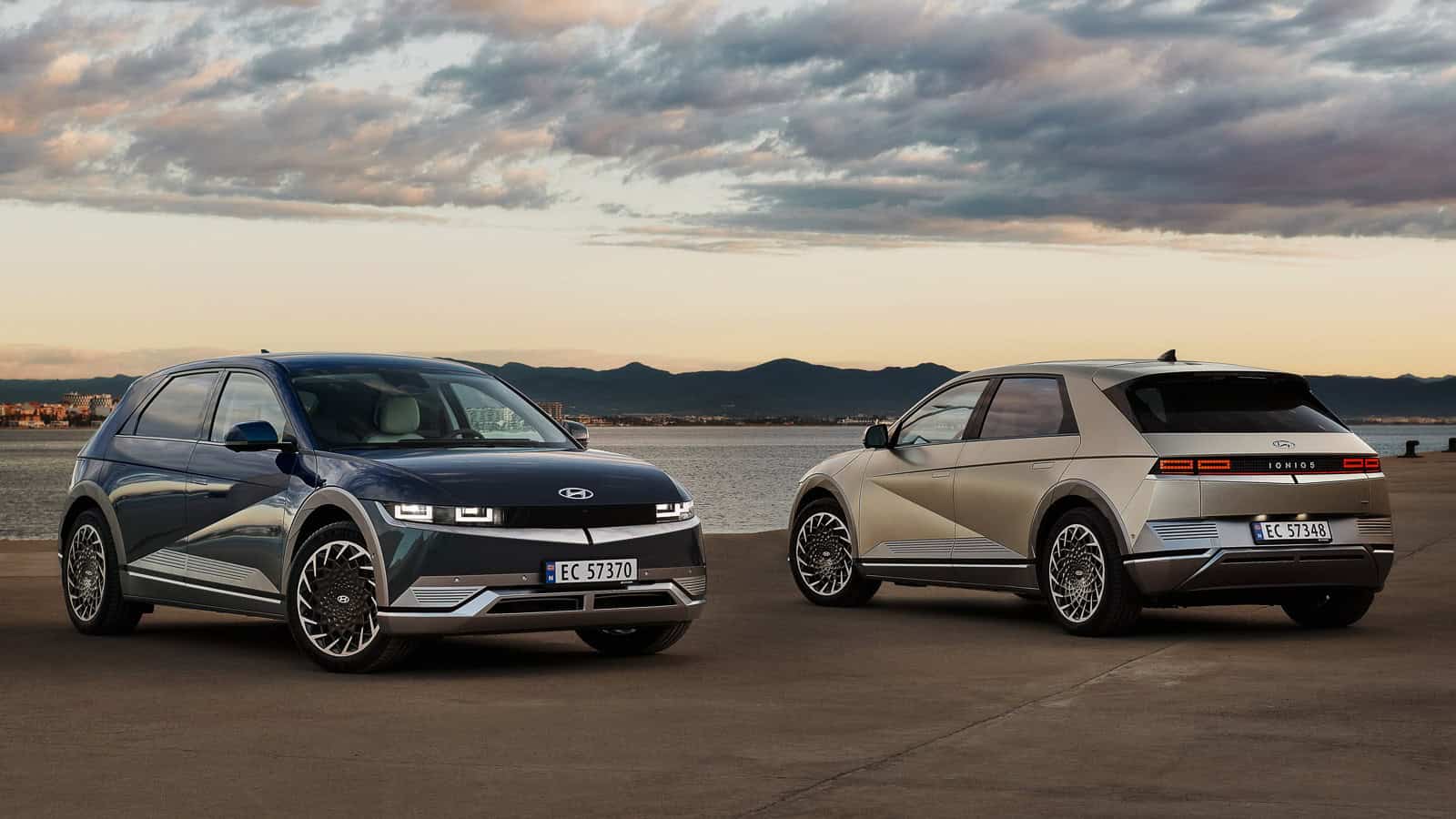
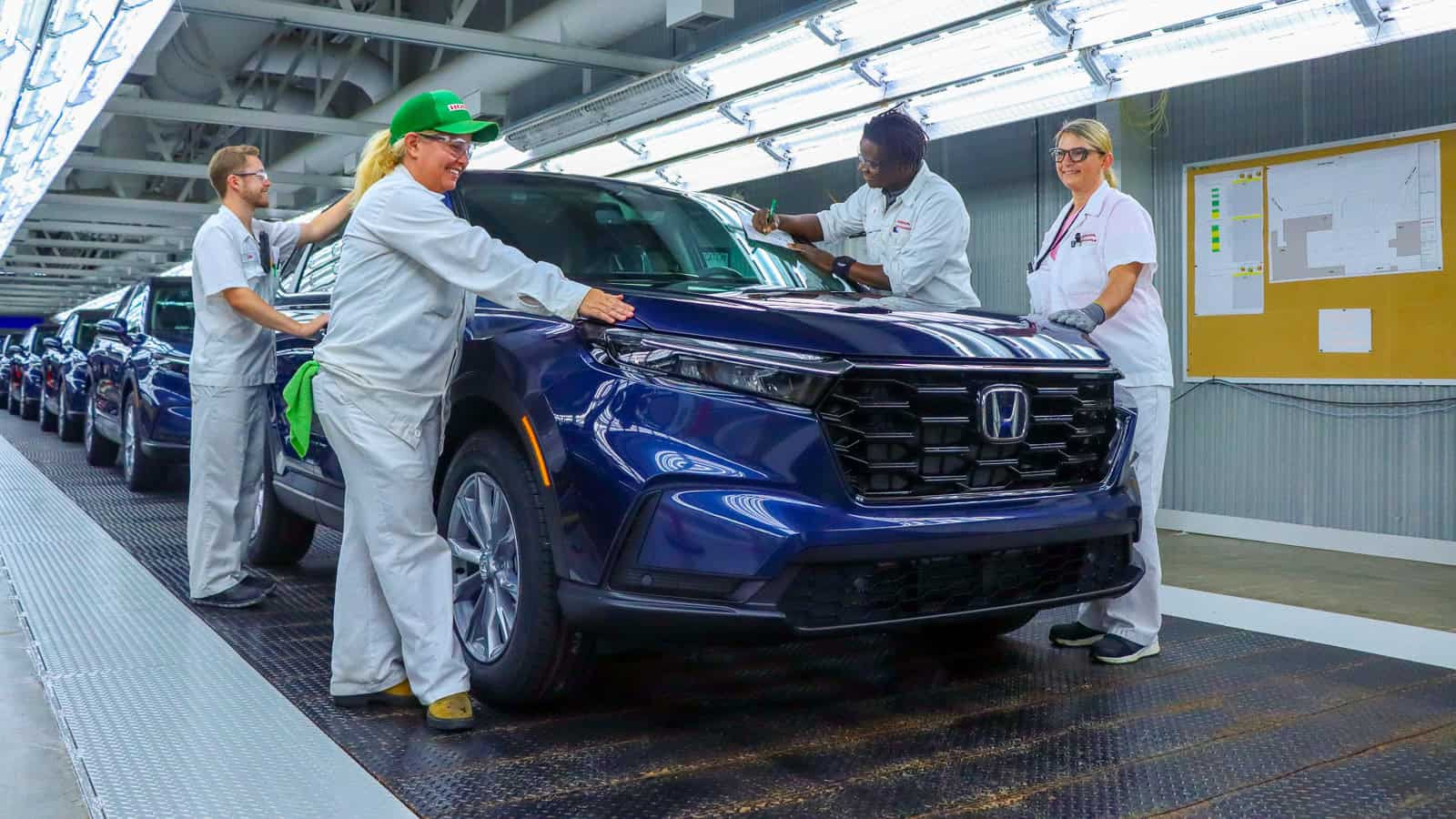
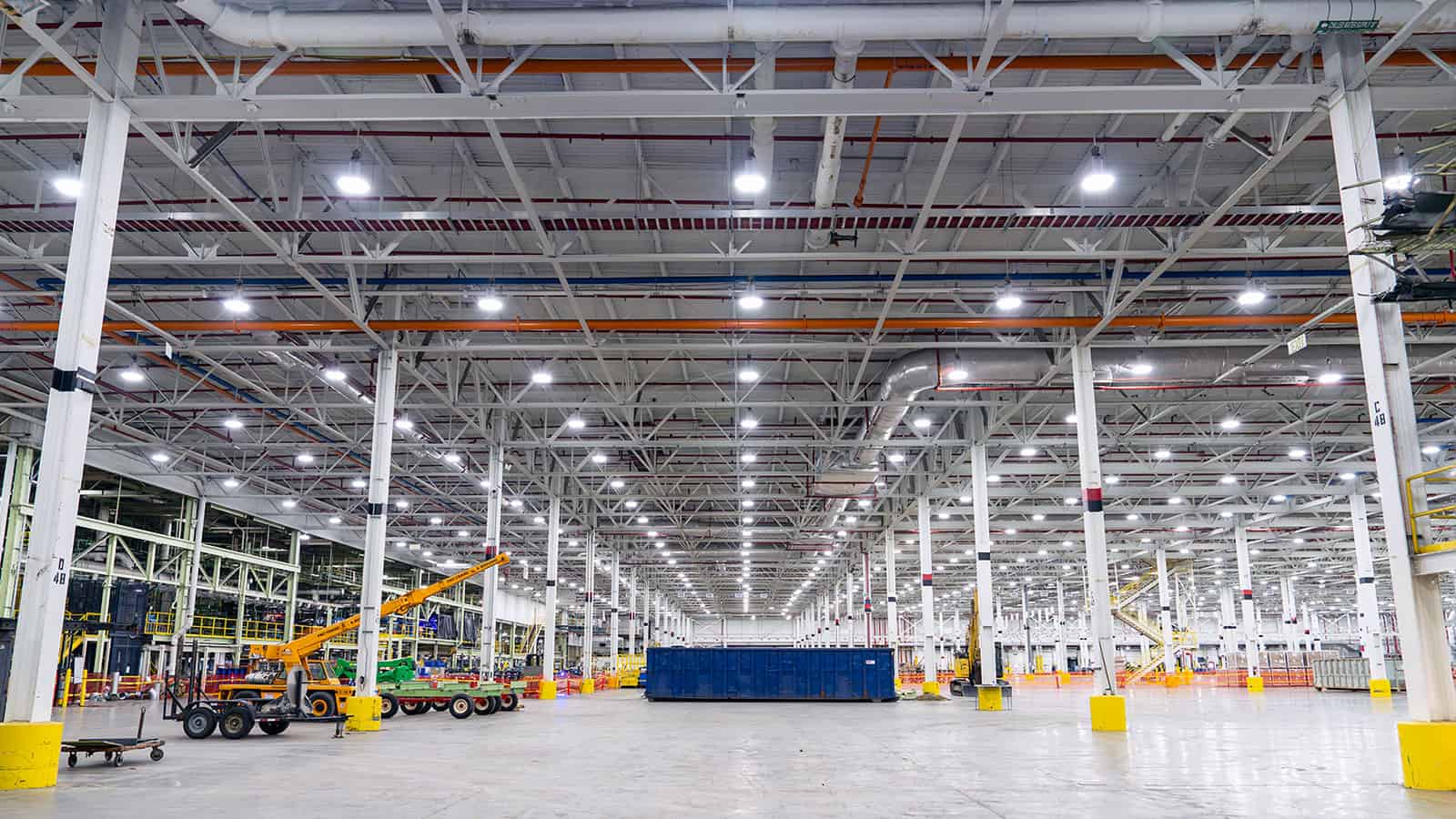

One Response